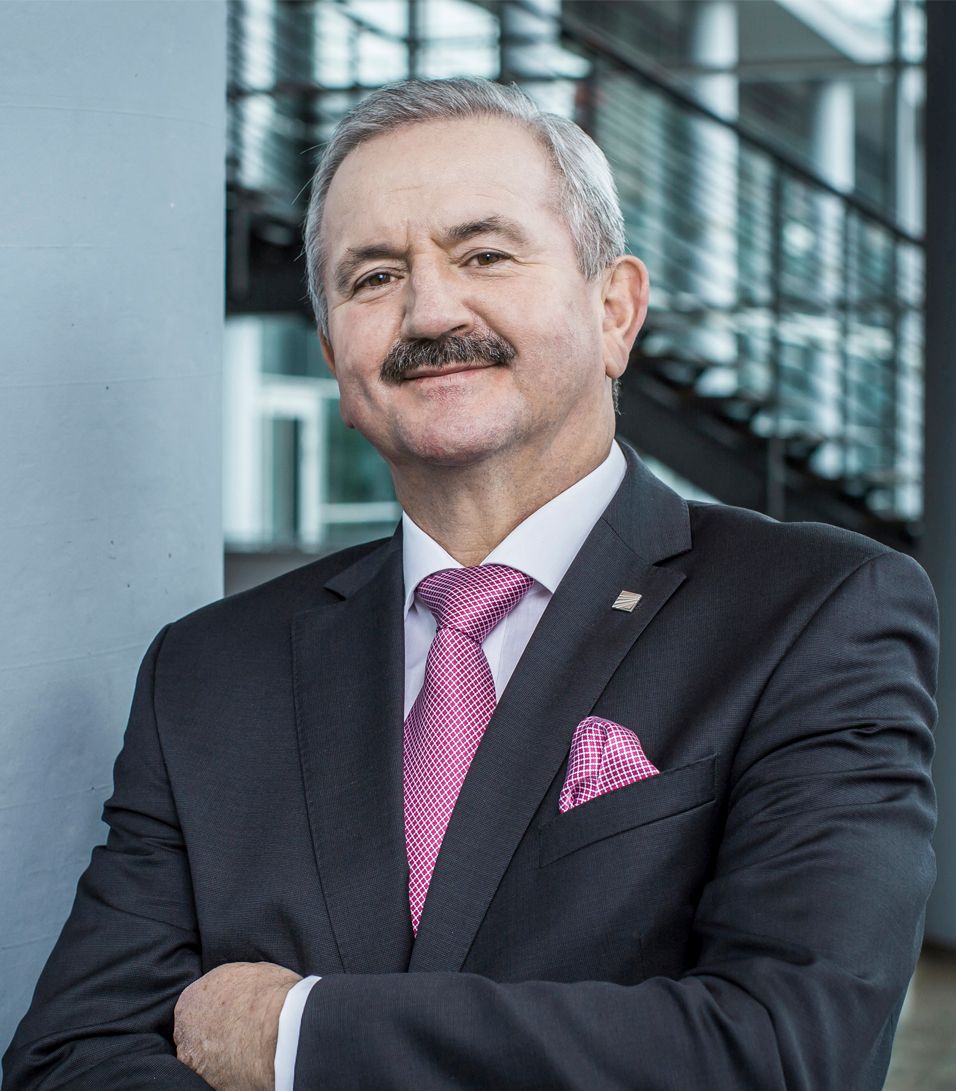The spirit of Fraunhofer: driving innovation in a time of change

The European Commission has just unveiled its new climate target plan. Over the space of 23 pages, this document maps out how Europe intends to mark a 55 percent reduction in CO2 emissions over the period from 1990 to 2030.
German politician Ursula von der Leyen, president of the European Commission, is seeking to turn Europe into the world’s first climate-neutral continent by 2050. The UK oil company BP has already taken a lead and reduced its oil and gas production by 40 percent.
“In less than 30 years from now, we will no longer be flying with aircraft that consume less and less aviation fuel; we will be flying with aircraft that have dispensed with fossil fuels altogether,” states Peter Altmaier. When asked how we can meet these increasingly ambitious targets, Germany’s Federal Minister for Economic Affairs and Energy replies: “I have every confidence in the ingenuity of our engineers.”
Change is no longer a vision. It is a reality. If we wish to remain spatially mobile in the future, then we need to show mental mobility today.
As a matter of fact, the German economy has already returned to growth in the third quarter of the year. Meanwhile, German automakers are doubling their range of electric vehicles. As the “voice of industry” in this edition of Fraunhofer magazine, Hildegard Müller, president of the German Association of the Automotive Industry (VDA), calls on industry “to make climate-friendly technologies a European export success.” Let us rise to meet this challenge.
Hydrogen offers a key source of energy and a key source of hope for the future. Fraunhofer experts from many different institutes are now busy charting the route to a workable hydrogen economy. Meanwhile, the German federal government has presented its National Hydrogen Strategy and established a National Hydrogen Council, members of which include two proven experts from Fraunhofer, Karsten Pinkwart and Sylvia Schattauer. As the overarching organization for applied research in Germany and Europe, the Fraunhofer-Gesellschaft is ideally placed to provide industry and administrations, both in Germany and Europe, with strategic advice and comprehensive systems knowledge.
Let us combine the spirit of Fraunhofer with the current momentum for change and launch a new push for innovation. In a technology-based society, ensuring a secure, efficient, environmentally friendly and publicly accepted supply of energy remains a key – perhaps the key – task.
Yours sincerely,
Reimund Neugebauer
President of the Fraunhofer-Gesellschaft